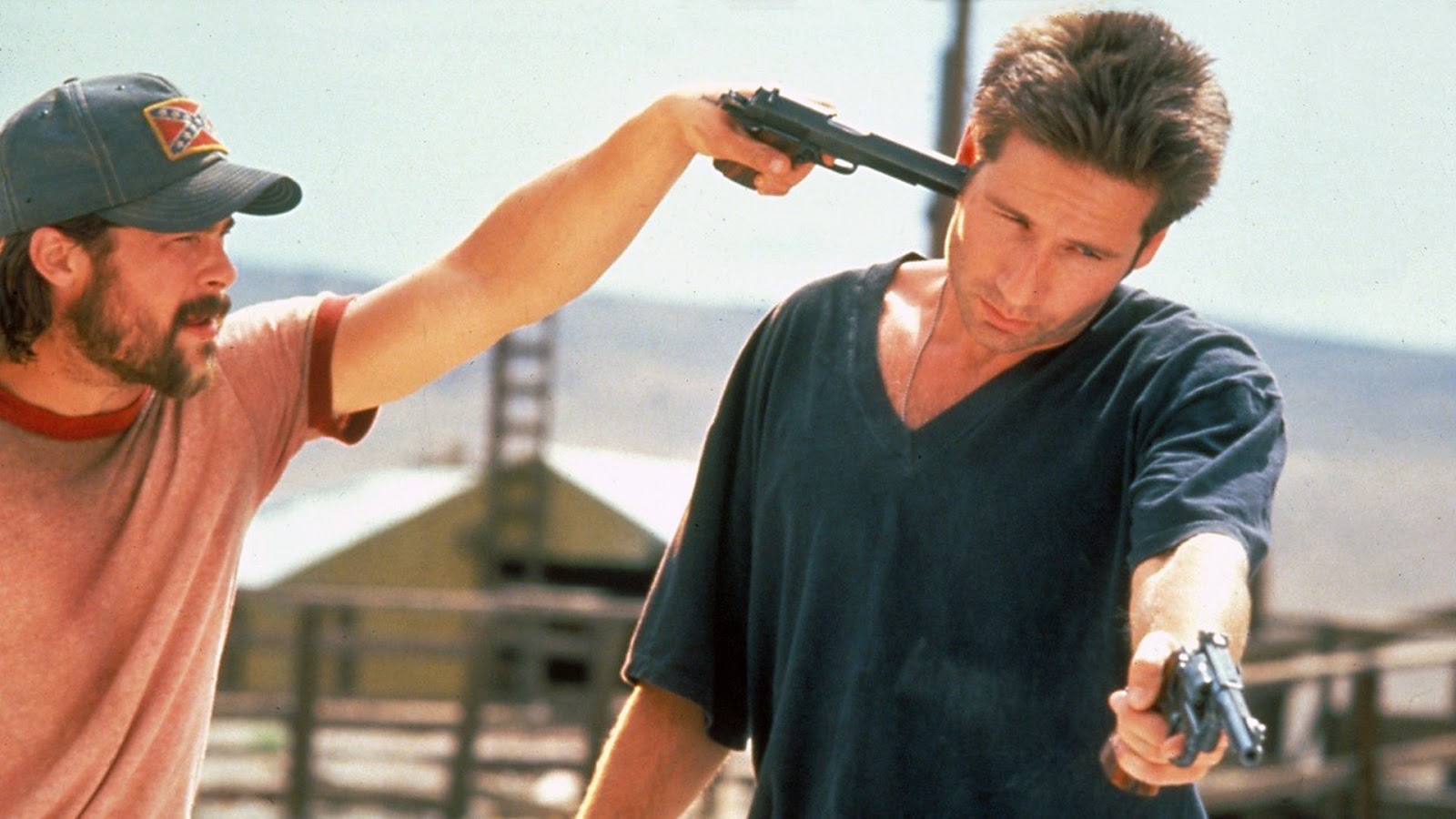
The 1990s were a heyday decade for independent film: with major studios finding financial success in the theaters with lower-budgeted films that were all but guaranteed to turn them a profit in the secondary market of home video rental and cable television broadcasts, indie films seemed like safer bets for investors to make than big-budget features, which carried the risk of potentially huge losses.
Due to this, the 90s produced an eclectic mixed bag of feature films that could take risks and similarly reap rewards: from disturbing dramas to weird comedies to moving period pieces, this decade–one in which the film market was flush with cash and the audience was open to watch more experimental fare–produced a number of great films.
But as time went on, many of these movies faded into either obscurity or their potential audience lost interest, moving on to newer films. This isn’t to discount their value, however: the march of time waits for nobody, and the past becomes passe. But in the numerous notable titles from this great decade, there are some gems that have been lost in film fan’s memories–here are ten recommendations of interesting, intense, or otherwise fantastic films you may have missed from the 1990’s.
1. The Dark Backward (1991)
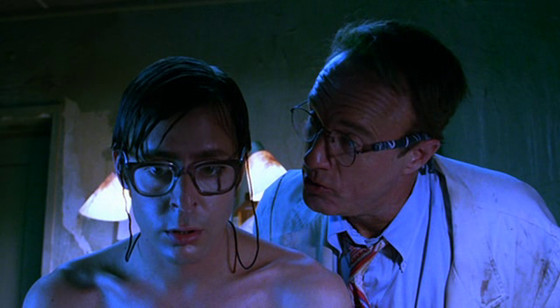
Marty Malt (Judd Nelson) is possibly the worst stand-up comedian in the world: his delivery is flat, he has no stage presence, and worse, his jokes are terrible.
Working his day job as a garbage man with his best friend Gus (Bill Paxton) and consistently failing to make any headway with his act, Marty wakes up one day with a large lump on his back. He visits a doctor, who dismisses it, but eventually the lump turns into a hand and then a full-sized arm. Using his third arm as a gimmick, Marty begins to gain some traction as a comedian.
This is a weird enough premise to start, but this indie film also creates a grimy, broken-down world for Marty to exist in populated by similar oddballs and hacks. While a disaster upon release, making just over $28,000 at the box office, it’s an underseen comedy with interesting set design and affected, cartoonish performances that fit the tone of a film with characters named Dirk Delta and Jackie Chrome. For fans of over-the-top camp, The Dark Backward delivers upfront.
2. Daughters of the Dust (1991)
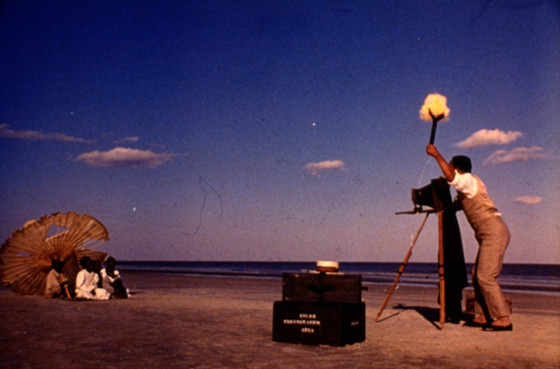
Set in 1902, Daughters of the Dust is the story of a family of Gullah islanders who live on St. Simons Island off the coast of South Carolina. The story of the Peazant family is told by an unborn narrator, a future child of the family–particularly focusing on the women–who provides an impressionistic story of the family’s past and present, in the latter of which the clan is facing a move from their ancestral home to the mainland.
Filmmaker Julie Dash’s first feature film is a knockout of independent cinema: poetic and complex, Daughters of the Dust is as much an ethnography of the Gullah culture as it is a film: the characters speak in Gullah creole and the film focuses extensively on the traditions and history of the islanders. Dash’s approach to storytelling, which is nonlinear and unfolds in vignettes, is strikingly unique, while the cinematography is evocative and poetic in its lyrical treatment of this intimate story.
With the release of Daughters of the Dust, Dash was the first African-American female director to have their feature film distributed theatrically in the United States, a telling achievement that’s deserved of this culturally and historically significant work of art and its subject matter.
3. Orlando (1992)
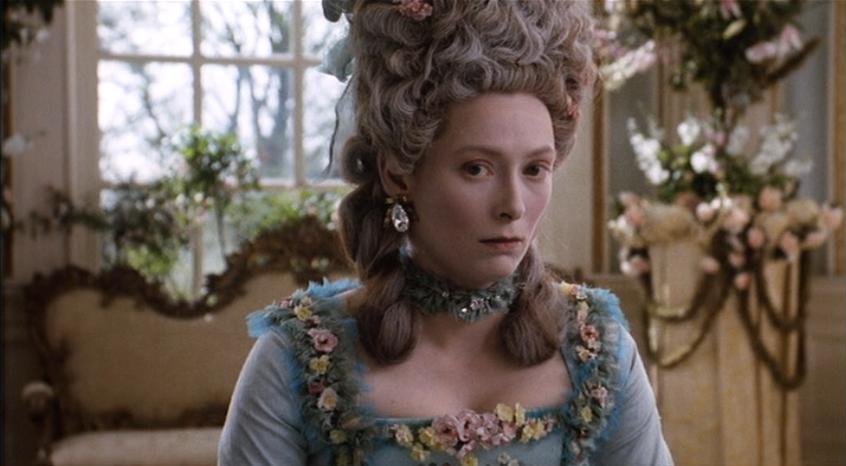
On her deathbed, Queen Elizabeth I promises a tract of land to a young nobleman named Orlando upon the condition that he will never age. Living in isolation on this land in a castle, Orlando does indeed retain his youth, spending centuries whiling away his time on Earth working on various artistic endeavors. But when he travels to Constantinople, he awakes one morning to find that he has changed into a woman.
When she returns to her castle in her new gender, she now faces lawsuits that claim she was a woman the entire time, thus making her ineligible to land ownership, and in the succeeding two centuries faces a number of challenges; only in the 1990s does she eventually find peace.
This surreal film is based on a novella by Virginia Woolf and stars Tilda Swinton as Orlando in both male and female form. A prescient study of gender identity and androgyny, this film’s subject matter seems more suited for audiences of the early 21st century than the early 1990s. A fable, fantasy, historical drama, and philosophical inquiry into the notions of gender identity, Orlando is an artistically confident film that, likes it titular character, seems both timeless and ahead of its time alike.
4. Naked (1993)
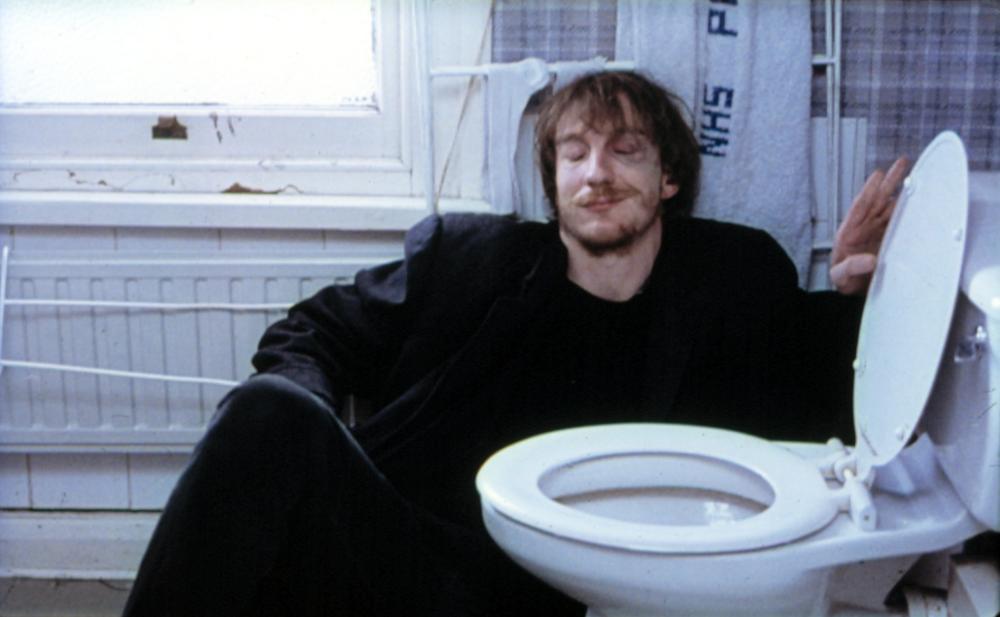
Johnny Fletcher is an angry man: spiteful, mean-spirited, misogynistic, and egotistical, he finds himself on the run and in hiding after a sexual encounter turns into an assault.
Finding temporary solace at an ex-girlfriend’s house, Johnny hurls himself back into the streets of London where he goes on an odyssey through the seamy underbelly of the city, forcing his misanthropic intellectual opinions on anyone who will listen (and continues on with long after they’ve stopped). He’s mean, cruel, and ultimately battered–and he’s the type of person that Thatcher’s England never deign to address.
Director Mike Leigh found his breakthrough in Naked, depicting a dark, derelict side of London and the disaffected souls that find themselves living neglected in these spaces. A thoroughly intense film, with David Thewlis as Johnny Fletcher bringing to life one of the most nasty–and realistic–characters in 90s cinema, Naked won Best Director and Best Actor at Cannes in 1993.
While the subject matter may be unpleasant (and it is), Leigh turns his camera on these characters–from the antagonistic protagonist Fletcher to the women he abuses along the way to the various dejected, broken people he meets–to acknowledge their existence in reality and pose to the audience the question of why they ended up so far off in margins in the first place.
5. Kalifornia (1993)
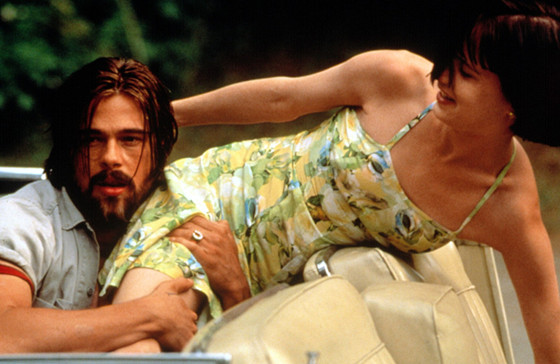
Planning a roadtrip to move across the country with his girlfriend Carrie, grad student and journalist Brian Kessler (David Duchovny) also wants to stop at various locations where mass murders have occurred to research an upcoming book he’s writing. Low on funds, they advertise a ride share to help pick up expenses–unfortunately, their respondents are recent parolee Early (Brad Pitt), who had just murdered his landlord, and his girlfriend Adele (Juliette Lewis).
Over the course of the trip, Early and Brian strike up a friendship while Carrie learns of Adele’s tragic life and disturbing relationship with Early, who has also been killing people along the way. When a news broadcast alerts the couple to Early’s wanted status, however, the film takes a headlong dive towards a tragic ending.
A violent, unnerving film, Kalifornia teams up two middle-class characters who enjoy the thrill of vicariously observing the darker side of life with a couple living it firsthand: while Brian is initially fascinated by Early, as the dangerous reality of the situation begins to seep into his own life, he becomes horrified. Meanwhile, with just a little digging Carrie starts to understand the truly awful circumstances of Adele’s life that had brought her to this point.
It’s an interesting dynamic to watch as voyeurs slowly find themselves part of the scene they’re witnessing, eventually realizing their romanticized vision of outlaws is the wrong one.